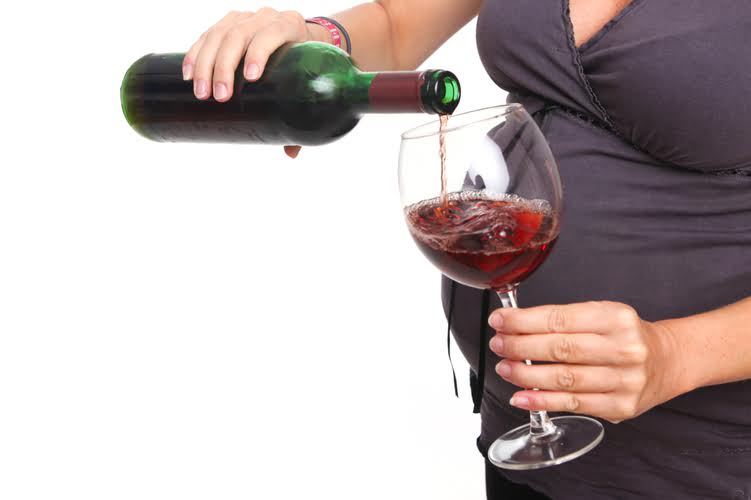The more symptoms you have, the more urgent the need for change. A health professional can conduct a formal assessment of your symptoms to see if AUD is present. For an online assessment of your drinking pattern, go to RethinkingDrinking.niaaa.nih.gov.
- Include the names of everyone on your medical and support teams and how to contact them.
- Empathise with that person, listen carefully to what they have to say, but don’t dismiss the problem.
- Simply understanding the different options can be an important first step.
- Together with a licensed professional, you will develop a treatment plan that is individualized to your needs and is monitored throughout your time in treatment.
- It’s helpful to have a relapse prevention plan that considers these triggers, with specifically identified strategies to address them.
- An extended relapse with heavy drinking can put you at risk of alcohol withdrawal symptoms, which can be dangerous.
- It is also helpful to have the members of your support system—family, friends, and sponsors—on board with whatever the best course of action is for you to help with the practical matters of everyday life while you’re getting sober again.
Overcoming alcohol use disorder is an ongoing process, one which can include setbacks. Ideally, health professionals would be able to identify which AUD treatment is most effective for each person. NIAAA and other organizations are conducting research to identify genes and other factors that can predict how well someone will respond to a particular treatment.
Preventing Relapse
Recovering alcoholics are still learning new coping mechanisms to replace their old habit of turning to the bottle at the slightest sign of trouble. In this light, even small daily stressors can seem like insurmountable obstacles to the newly sober addict. You may also put yourself under another kind of harm-reductive model when working toward sobriety by reducing severity or frequency of use. For instance, you might switch from hard alcohol to beer with lower alcohol content or maybe reduce your drinking from six days a week to two. While they may seem like two simple and very similar words, there is a significant difference between being sober and being in recovery.
- Be honest with yourself and with those in your recovery circle.
- Instead, it can be an opportunity to examine what lifestyle changes, coping skills, and adjustments may be needed to prevent relapse in the future.
- People often need to address past trauma or familial issues during this time.
- Relapse is a common stumbling block during the recovery process and does not mean that you should give up on becoming sober.
Horizontal lines and shaded area represent brain alcohol levels (means ± SEM) measured in the dependent mice during chronic intermittent alcohol exposure (28.4 ± 3.5 mM). People in recovery from alcohol addiction are at the highest risk of relapse during the early alcoholic recovery stages, in the immediate moments after a traumatic event or during times of transition. Most people in recovery must actively take steps to avoid relapse for the rest of their lives. Relapse is a common part of recovery for people with any chronic disease, and that includes people with an alcohol use disorder or an addiction to any other substance. This page will help educate you on the nature of relapse, how to identify triggers for alcohol relapse rate and what to do after a relapse.
What Are My Treatment Options After a Relapse?
Overall, among people sober for five years, the chances of relapsing are less than 15%, according to Psychology Today. Relapse is a common stumbling block during the recovery process and does not mean that you should give up on becoming sober. You try to convince yourself that everything is OK, but it’s not.

Yet this is not always possible, especially after a long period of sobriety. Once you have ‘handed them over’ to the experts, let them work their magic. The number one thing that the recovering addict needs is the support and understanding of fellow alcoholics in recovery. If they have been attending any meetings for recovering alcoholics during their sobriety, get them to the next one. Let’s pick apart this powerful phenomenon and find out how to help the recovering alcoholic who has suffered a relapse.
Elevated Stress
Next to each, add the techniques you and your therapist or support team have come up with to manage it. And you’re at greater risk when you try to quit drinking on your own. A formal recovery plan gives you strategies for dealing with people or situations that could trigger relapses. Some research has found that 40% to 60% of people dealing with substance abuse disorders relapse within a year. In fact, experts consider relapses part of the recovery process.
The challenge of this stage is to essentially develop and maintain healthy life skills that will serve you for a lifetime. An exciting part of this period is that it can lead you to a happier life full of welcomed change and constant improvement. The mental challenge of this stage is not to let anything make you feel defeated. During this stage, most people focus their energy on coping with cravings and resisting the urge to drink. The abstinence stage typically begins right after you stop drinking. If you’re ready to make a positive change, here’s what you may want to know about the recovery process.
If they are in an uncontrollable state then get in touch with us and we can advise you on the best course of action. If you are reading this because you have a loved one who has had an alcoholic relapse, then don’t panic. Addiction relapse is often caused by stress or some unpleasant life situation, so the most important thing to do is create a calm, positive environment for them.
